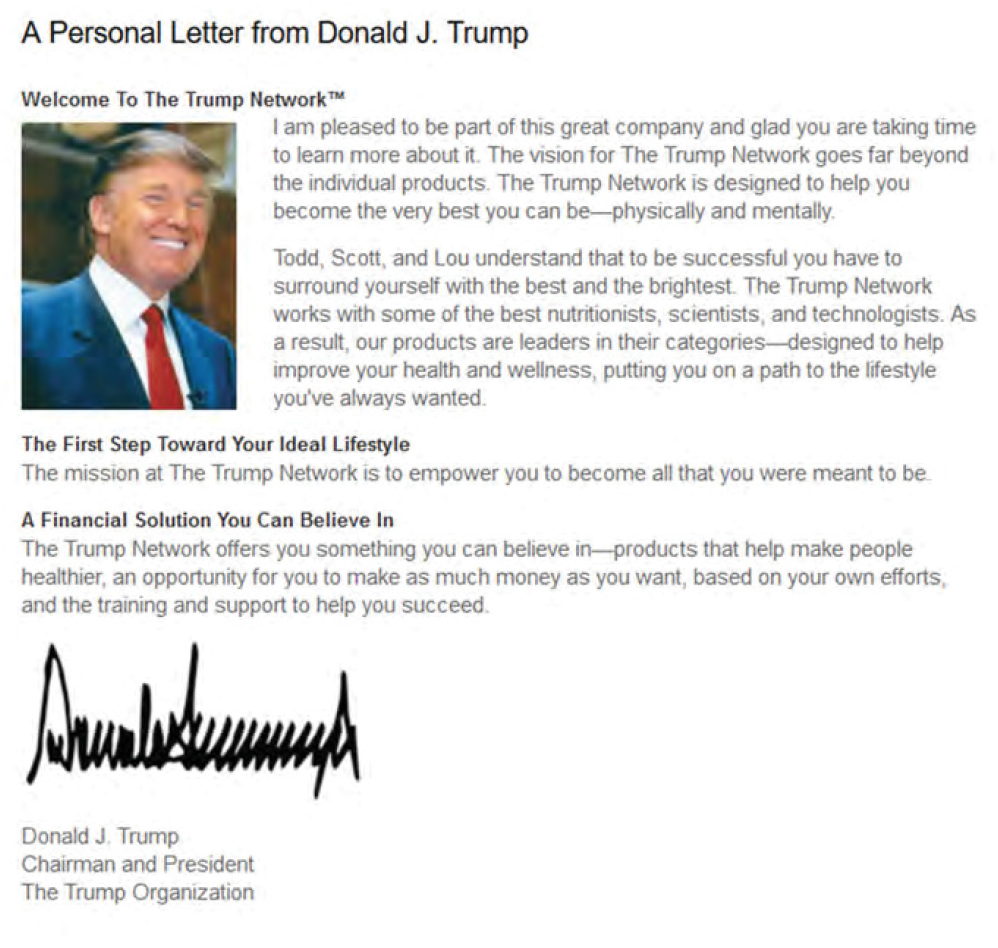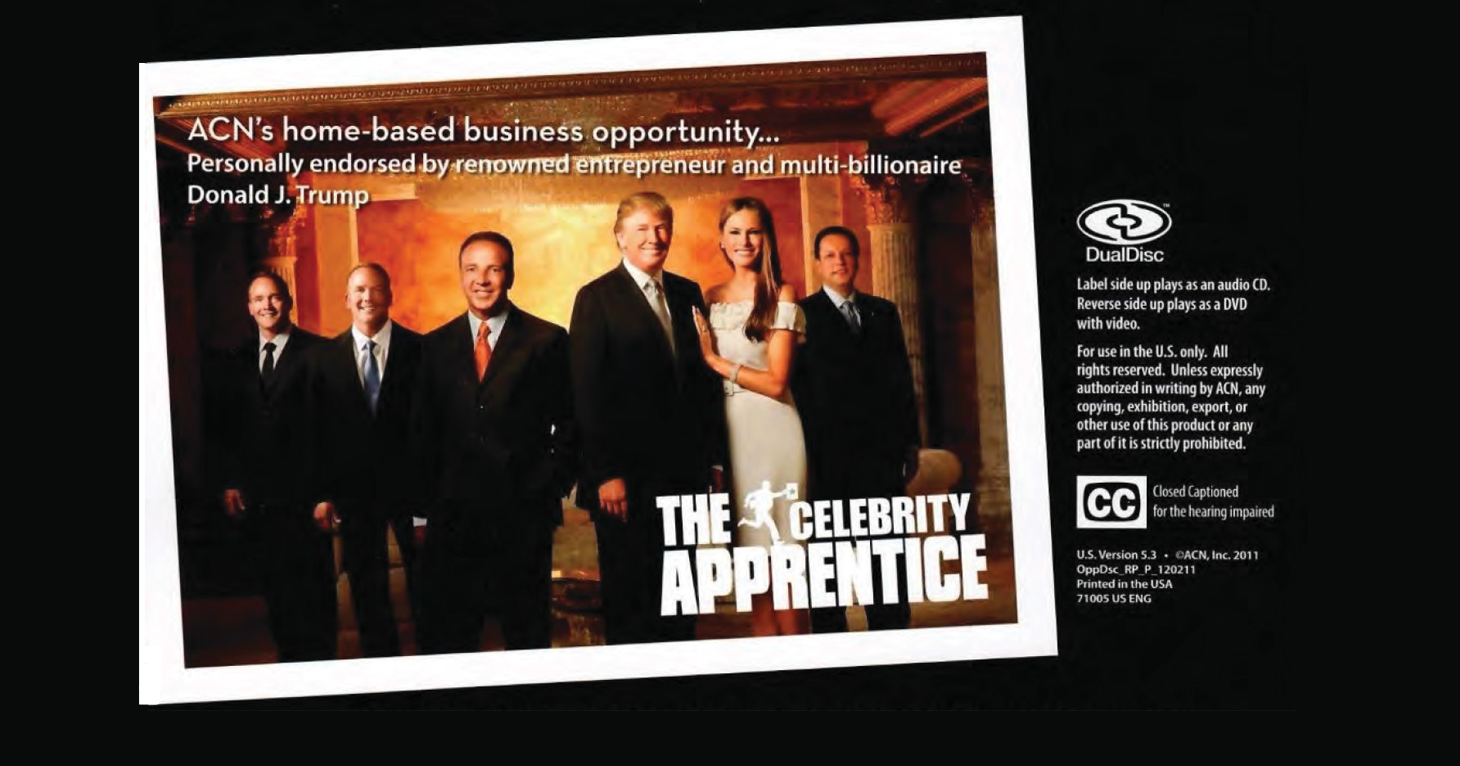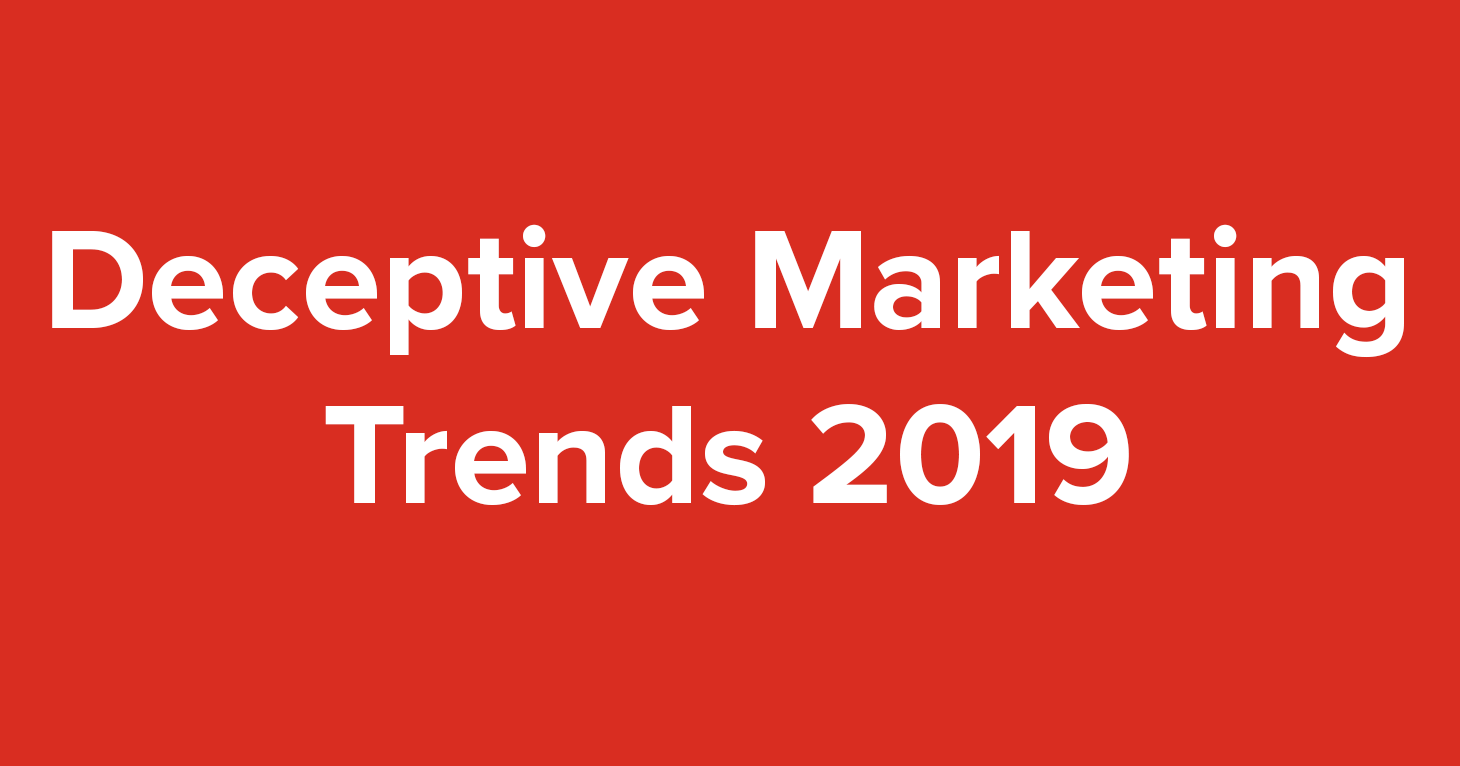
What You Should Know about USANA
Supplement MLM takes down dozens of deceptive claims following TINA.org investigation.
Complaint alleges Trump secretly received millions of dollars in payments while deceptively marketing ACN.
A class-action complaint filed Monday in Manhattan federal court accuses President Trump, three of his adult children and The Trump Corporation of misleading consumers through their endorsements of two Multilevel Marketing – a way of distributing products or services in which the distributors earn income from their own retail sales and from retail sales made by their direct and indirect recruits.s – ACN Opportunity, LLC and the now-defunct Trump Network – and The Trump Institute, which ran real estate seminars until 2009.
The bulk of the 160-page lawsuit centers on Trump’s endorsements of telecommunications marketing company and Direct Selling Association member ACN before turning to The Trump Network and The Trump Institute. And it ends by claiming defendants violated the Racketeer Influenced and Corrupt Organizations Act (RICO), conspired to violate RICO, and engaged in false advertising, unfair competition, unfair and deceptive trade practices, fraud, and negligent misrepresentation.
The allegations in the complaint can be summed up as follows:

In a statement to The Washington Post, the Trump Organization, to which the White House referred comment, called the allegations “completely meritless” and the timing of the complaint politically motivated.
This is not the first time Trump has faced class-action litigation over his endorsements of a business opportunity. In 2016, while admitting no wrongdoing, then-president-elect Trump agreed to pay $25 million to settle class-action allegations of fraud against his defunct for-profit institute Trump University. As with The Trump Institute, that enterprise also promised consumers that they would learn Trump’s real estate secrets.
For more of TINA.org’s coverage on MLMs, click here.
Supplement MLM takes down dozens of deceptive claims following TINA.org investigation.
From crypto to CBD, consumers need to tread carefully when it comes to these trends.
Experts weigh in on how to avoid being a victim of these latest campus scams.


